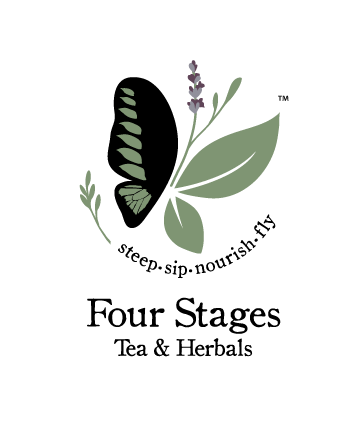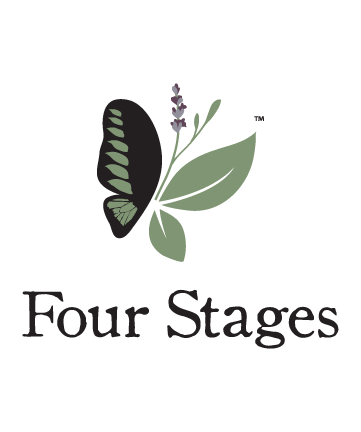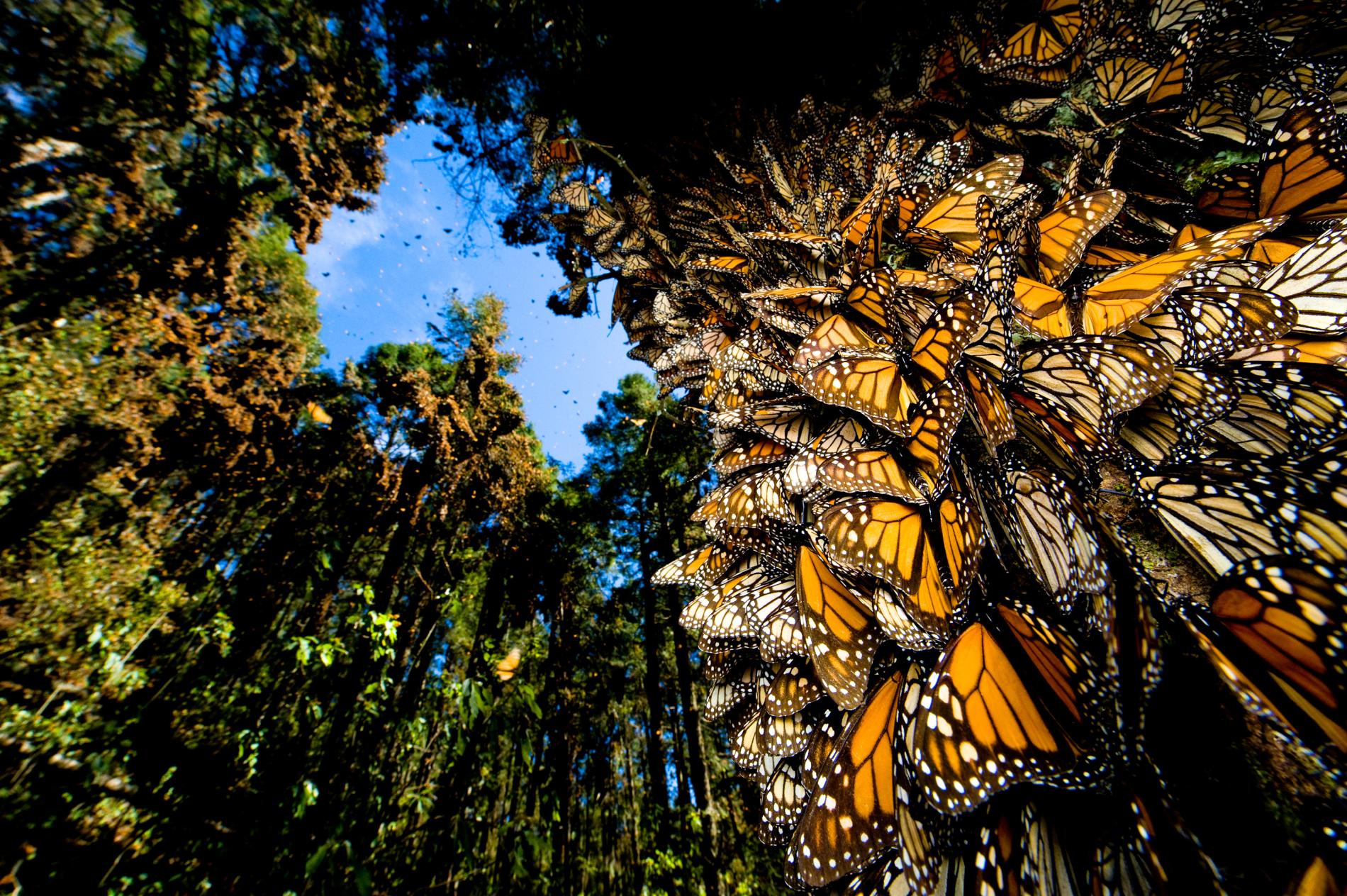What is milkweed seed and why is it included in my order?
The Monarch Butterfly performs one of the world's most spectacular insect migrations, making an annual 3,000-mile, round-trip journey south to a handful of fir forests in the Transvolcanic Mountains of Mexico, where the temperature and humidity are perfect for clustering and surviving the winter. At Four Stages, we are committed to reversing the effects on butterfly habitats around the globe, as they need us more than ever. When you purchase any blend of Four Stages tea, you will also receive a packet of native milkweed seeds to plant. Milkweed is the sole host plant of the Monarch Butterfly, meaning it is the only plant a monarch will lay her eggs and the caterpillar will eat. Unfortunately, as of July 2022, the Monarch Butterfly is officially on the endangered species list. However, since the 1980s the population has been in trouble, decreasing by a staggering amount of 97%. This is due to many different factors, but one of the main reasons is lack of their host plant, milkweed. By planting this in your yard or garden, you are doing your part to help save this incredible species.
Why do Pollinators matter?
Every blend at Four Stages tea is named after our pollinator friend the butterfly. Other than just a symbol of hope and transformation, butterfly pollinators are essential to our environment: They contribute to the reproduction of over 85% of the worlds flowering plants (the medicinal herbs and the tea in your blends), including more than two-thirds of all the worlds crop species. Fruits and seeds we have as a result of insect pollination provides food for birds and mammals. Sadly, our pollinator friends need our help. At Four Stages Tea, we have hope we can reverse the increasing destruction to their habitats due to climate change, pesticide use and rapid deforestation.
What can I do to help? You can make a difference.

Garden
Plant native milkweeds appropriate to your area in your backyard garden or outdoor classroom. Work on restoring native landscapes. Make a butterfly garden by planting all kinds of native host and nectar plants.

Avoid Pesticides
Always avoid pesticide treated milkweeds. Insecticides kill monarchs and other pollinators. They are present in many brand name products, so check the ingredient list for the following: Acetamiprid, Imidacloprid, Clothianidin, Dinotefuran, Thiamethoxam

Participate
Participate in a citizen science project such as Project Monarch Health, Journey North, Monarch Watch or Monarch Larva Monitoring Project

Buy organic when you can

combat climate change
Do your share in helping to combat climate change and address issues related to land-use change.

Donate
Donate to or volunteer with a reputable non-profit (here are a few favorites: Xerces Society, Monarch Joint Venture, Association for Butterflies, Monarch Watch)


